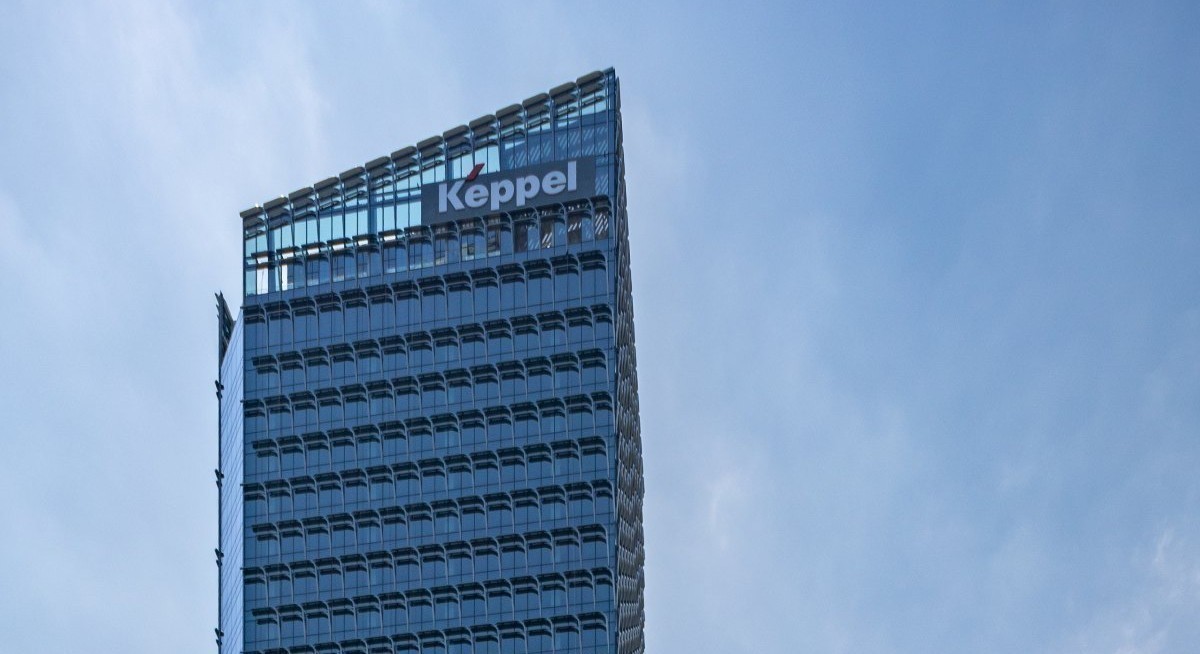On Aug 11, Keppel announced it is selling the telco business of M1 for an enterprise value of $1.43 billion. For its effective stake of 83.9%, it will receive cash of some $985 million. Cuscaden Peak, jointly held by Mapletree Investments and CLA Real Estate, holds the remaining stake.
The selling price, at $1.43 billion, or 7.3 times FY2024 EV/Ebitda, was higher than Lim Siew Khee and Meghana Kande of CGS International's earlier estimate of between $700 million and $900 million, which is based on a range of 6 to 7 times FY2024 EV/Ebitda.
The buyer is Tuas, an Australia-listed company whose main business is to operate Simba, the fourth-largest mobile operator in Singapore. Controlled by Malaysia-born executive chairman David Teoh, reportedly among the wealthiest men in Australia, his main business is TPG, the third-largest mobile operator Down Under, after incumbent Telstra and Singtel's unit Optus.
Teoh's deal with Keppel is seen as a surprise given how StarHub has long been expected as the likely acquirer of M1. StarHub and M1 already share certain mobile network infrastructure and the former has made it clear it is interested, whereas Keppel's stance over the years has been seemingly nonchalant.
See also: Stress test: Analysts weigh in on Tan Su Shan’s first year as DBS group CEO
Given the reduced competitive pressures of the mobile industry, Paul Chew of PhillipCapital is positive on this deal. "Mobile competition has turned extremely competitive, capex heavy and a drag on group earnings," states Chew in his Aug 12 note, where he kept his “buy” call and $10.70 target price.
Keppel, which is focused on its new business model as an asset manager and less of a conglomerate, has embarked on an active capital recycling plan. It has recently announced an asset monetisation target of $14.4 billion by 2030, and the M1 deal is not part of this.
Now, Keppel has not included M1's infocommunications technology business as part of the sale to Tuas. Primarily organised under an entity called AsiaPac, Keppel works with vendors ranging from Amazon Web Services, Cisco, Microsoft and VMware to package and resell a range of IT services to enterprise customers.
See also: ‘Path to breakeven becoming visible’ for MetaOptics
What Asia Pacific does complements well Keppel's other business activities, such as data centres and subsea cables, which are growing at a more rapid pace than providing mobile services to consumers in a market that is already highly saturated. "The key tailwind behind this growth is the digitalisation of large to small enterprises across its key geographies such as Singapore, Vietnam and Malaysia," says Adrian Loh of UOB Kay Hian.
Keppel has yet to confirm what it will do exactly with proceeds from the sale, which requires the go-ahead from local regulators but not shareholders of either Keppel or Tuas.
In their Aug 11 note, CGS International’s Lim and Kande, who have a price target of $10.23 on this stock, assume that Keppel will apportion a third each of the proceeds for growth, debt repayment and dividend payment.
Assuming a 30% payout from the sale proceeds, Lim and Kande estimate Keppel will be paying a special dividend of 16 cents, bringing FY2025 payout to 51 cents, equivalent to a yield of 5.9%.
With the sale, Loh of UOB Kay Hian has lowered his FY2025 earnings forecast for Keppel by 10.4%, which includes the non-cash accounting loss of $222 million and the $114 million gain from the divestment of 70% of the Saigon Sport City announced earlier this month.
In addition, Loh has lowered his forecast earnings for FY2026 by 2.6% and FY2027 by 2.7% to account for the absence of M1's annual bottom line contribution of between $40 million and $50 million, which Keppel does not break out.
Yet, despite the lower earnings forecasts, Loh has not only kept his "buy" call on the stock, he has also raised his target price, based on a sum-of-the-parts valuation method, from $9.51 to $10.46.
For more stories about where money flows, click here for Capital Section
From his perspective, the sale of M1's telco business but not the ICT portion is an important distinction as Keppel can now focus on its core business, especially with an eye toward reinvestment for growth to transform itself into an asset-light global asset manager, says Loh.
Besides removing the value of M1, Loh has increased his valuation multiple for Keppel's infrastructure segment from 8 times P/E to 10 times, given how the addition of the hydrogen-ready 600MW Sakra cogeneration plant will make the segment more valuable from a long-term earnings perspective. Even so, this is a lower valuation at an 18% to 20% discount to Asia-Pacific utilities companies, which trade at an FY2025 P/E of 12.5 times. Loh’s new price target for Keppel is $10.46, up from $9.51.
Separately, Xavier Lee of Morningstar has also raised his fair value for Keppel, as the company is now exiting the highly competitive Singapore mobile market. Lee’s new fair value is $8.90, from $8.60. HSBC, meanwhile, has kept its $10.10 target price. “We like Keppel’s ability to capture the opportunity arising from the digital infrastructure and energy transitions and its ability to monetise sizeable assets in the near term and, thus, shareholder returns.”




